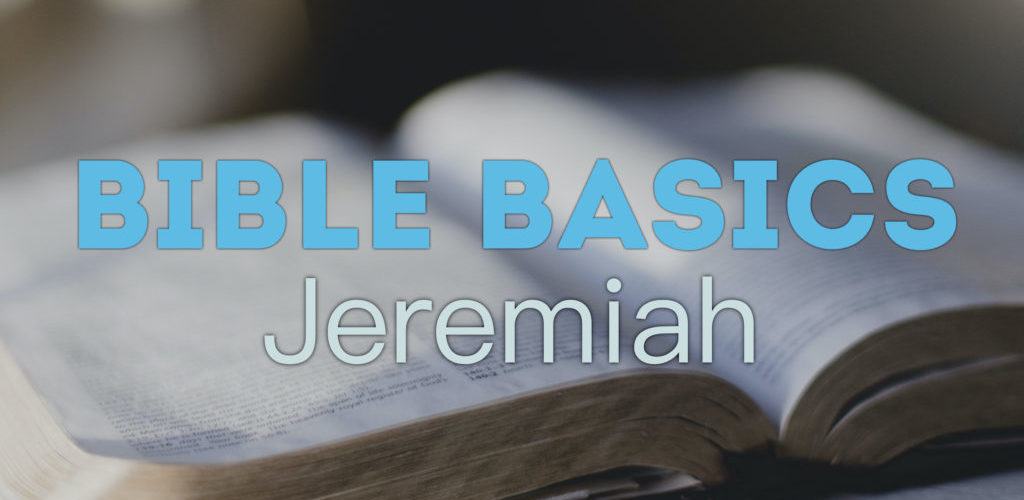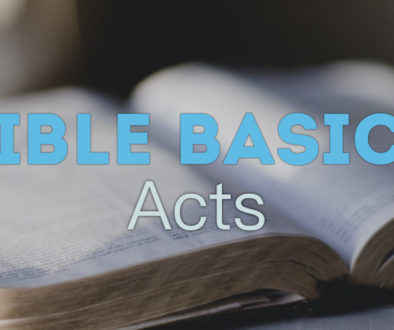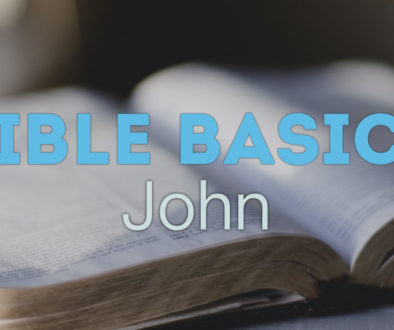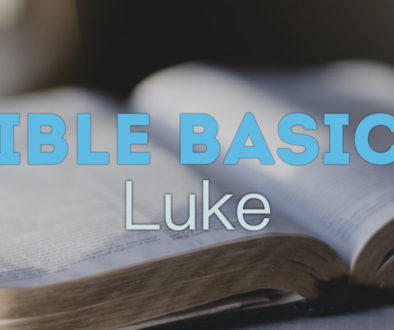Author
Jeremiah, who is also called “The Weeping Prophet” since no one would listen to his warnings, and his calling as a prophet took him into the final destruction of God’s people as a nation.
Date
Jeremiah was called to the prophetic office around 626 B.C. (60 years after Isaiah finished his prophetic ministry). The book of Jeremiah covers a period of about 40 years of prophetic ministry and was likely compiled around 585 B.C.
Audience and Purpose
Jeremiah originally wrote to the people of Judah, about 40 years before the Babylonian (also called Chaldean) captivity.
As Isaiah had protected Jerusalem from falling to the Assyrians by his calls to repentance, Jeremiah would attempt to protect them from falling to the Babylonians. His attempts, however, would prove fruitless, as the people rejected his prophecies, and refused to repent. The book finishes with a prophecy of the future fall of Babylon (chapter 51) and then a recounting of the fall of Jerusalem into Babylonian captivity (chapter 52).
Major Themes
- God’s Judgement for Sin.
- God’s Promise of Salvation and Restoration.
- The Day of the Lord.
- Covenant.
Key Scriptures
- Jeremiah 5:31 — “the prophets prophesy falsely, and the priests rule at their direction; my people love to have it so, but what will you do when the end comes?”
- Jeremiah 24:7 — “I will give them a heart to know that I am the Lord, and they shall be my people and I will be their God, for they shall return to me with their whole heart.”
- Jeremiah 29:13 — “You will seek me and find me, when you seek me with all your heart.”
- Jeremiah 31:31-34 — ““Behold, the days are coming, declares the Lord, when I will make a new covenant with the house of Israel and the house of Judah, not like the covenant that I made with their fathers on the day when I took them by the hand to bring them out of the land of Egypt, my covenant that they broke, though I was their husband, declares the Lord. For this is the covenant that I will make with the house of Israel after those days, declares the Lord: I will put my law within them, and I will write it on their hearts. And I will be their God, and they shall be my people. And no longer shall each one teach his neighbor and each his brother, saying, ‘Know the Lord,’ for they shall all know me, from the least of them to the greatest, declares the Lord. For I will forgive their iniquity, and I will remember their sin no more.”
Outline
- Jeremiah 1:1-19 — Jeremiah’s Call as a Prophet
- Jeremiah 2:1–25:38 — Prophesy of God’s Judgment on Judah
- Jeremiah 26:1– 29:32 — Jeremiah’s Rejection By Judah
- Jeremiah 30:1-33:26 — Promise of Restoration for Judah and Israel
- Jeremiah 34:1-45:5 — Fulfillment of God’s Judgement on Judah
- Jeremiah 46:1–51:64 — Prophesy of God’s Judgement on the Nations
- Jeremiah 52:1–34 — The Destruction of Jerusalem
Gospel Summary
Jeremiah prophesied in the darkest hour for the Jewish people. After hundreds of years of breaking God’s covenant, they finally see the curse promised in Deuteronomy 28:25-68 come to pass. In such a dark book, it is difficult to see the gospel made evident, and yet lurking behind every prophecy of destruction Jeremiah makes, there are whispers of hope, and a day in the future when God would come into a new covenant with the people. It would not be a covenant based on the works of men, but one based on the faithfulness of God, which would ultimately transform men from the inside out, and bring God into focus as the object of their desires.
The dark history recorded in the book of Jeremiah was a necessary step toward God bringing about this new covenant, and should bring to mind the dark night of suffering Jesus went through as He went to the cross in order to see the new covenant birthed into the world.
If you’re enjoying the content I produce, a little caffeine to keep me going would be appreciated!
© Anthony Scott Ingram 2020. All Rights Reserved.
Photo by Carolyn V on Unsplash
Unless otherwise indicated, all Scripture quotations are from The Holy Bible, English Standard Version®, copyright © 2001 by Crossway Bibles, a publishing ministry of Good News Publishers. Used by permission. All rights reserved.”
Please note that I do get a small kickback from Amazon for any purchases made using the links on this post. Should you choose to purchase from them, I just want to say thank you for further supporting my work in ministry!



